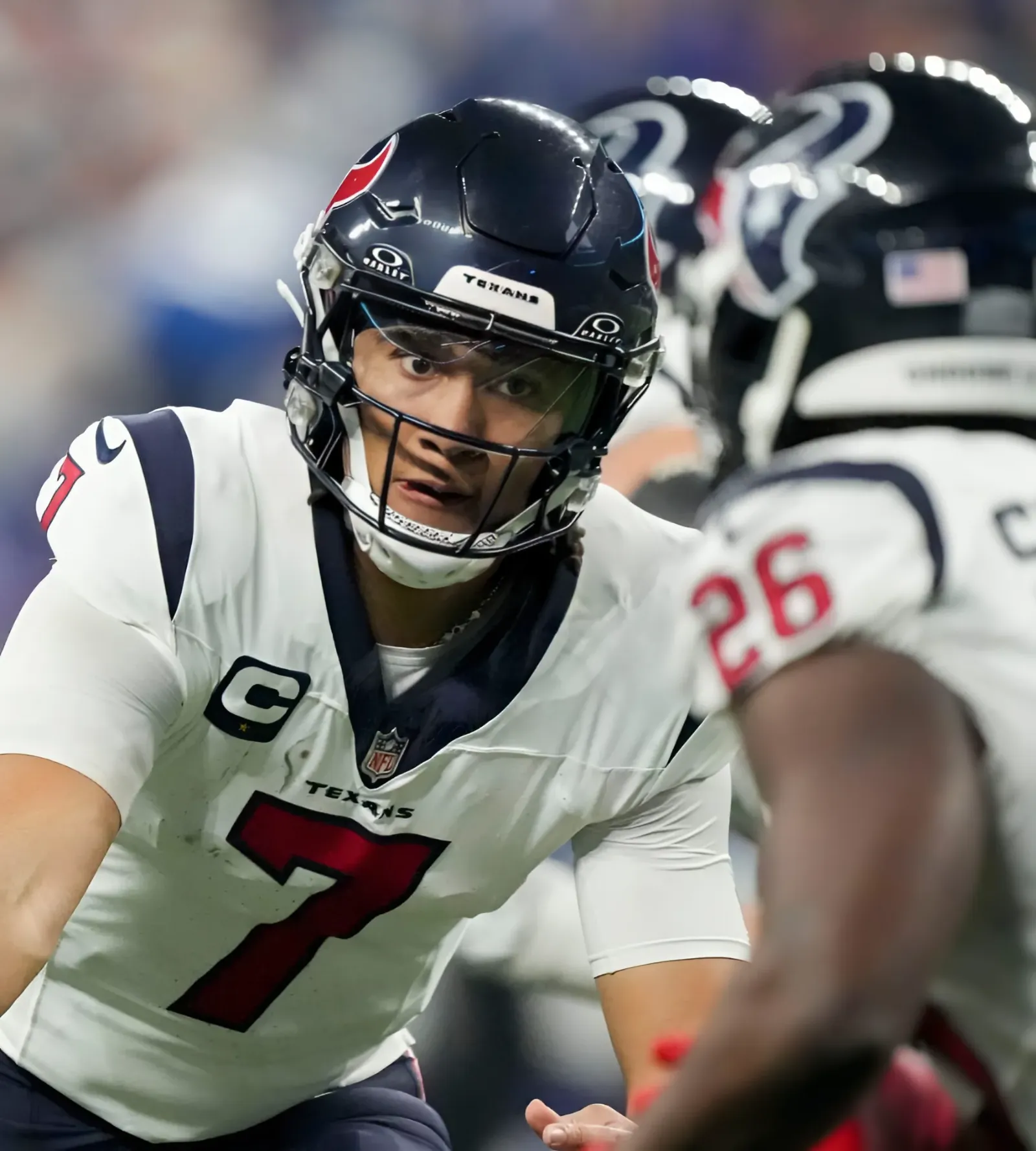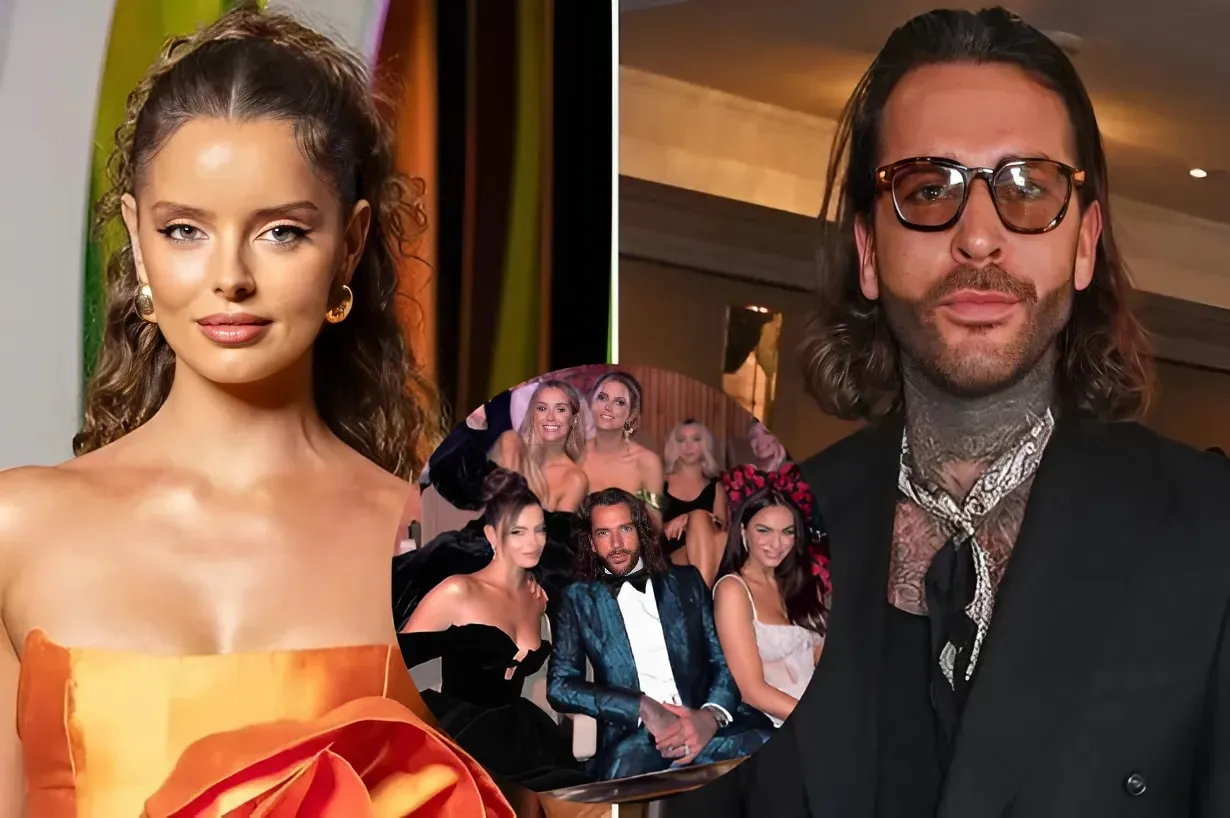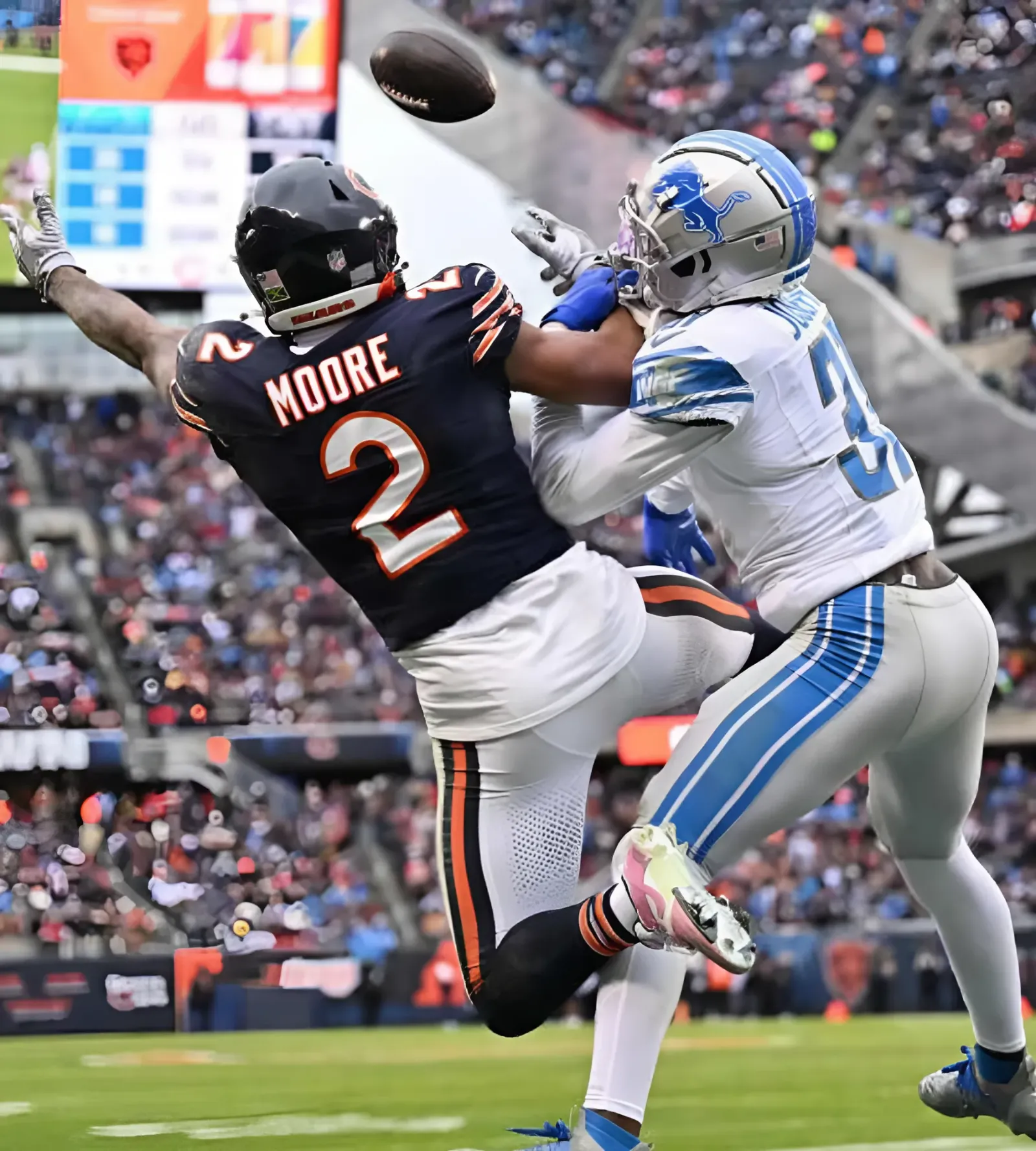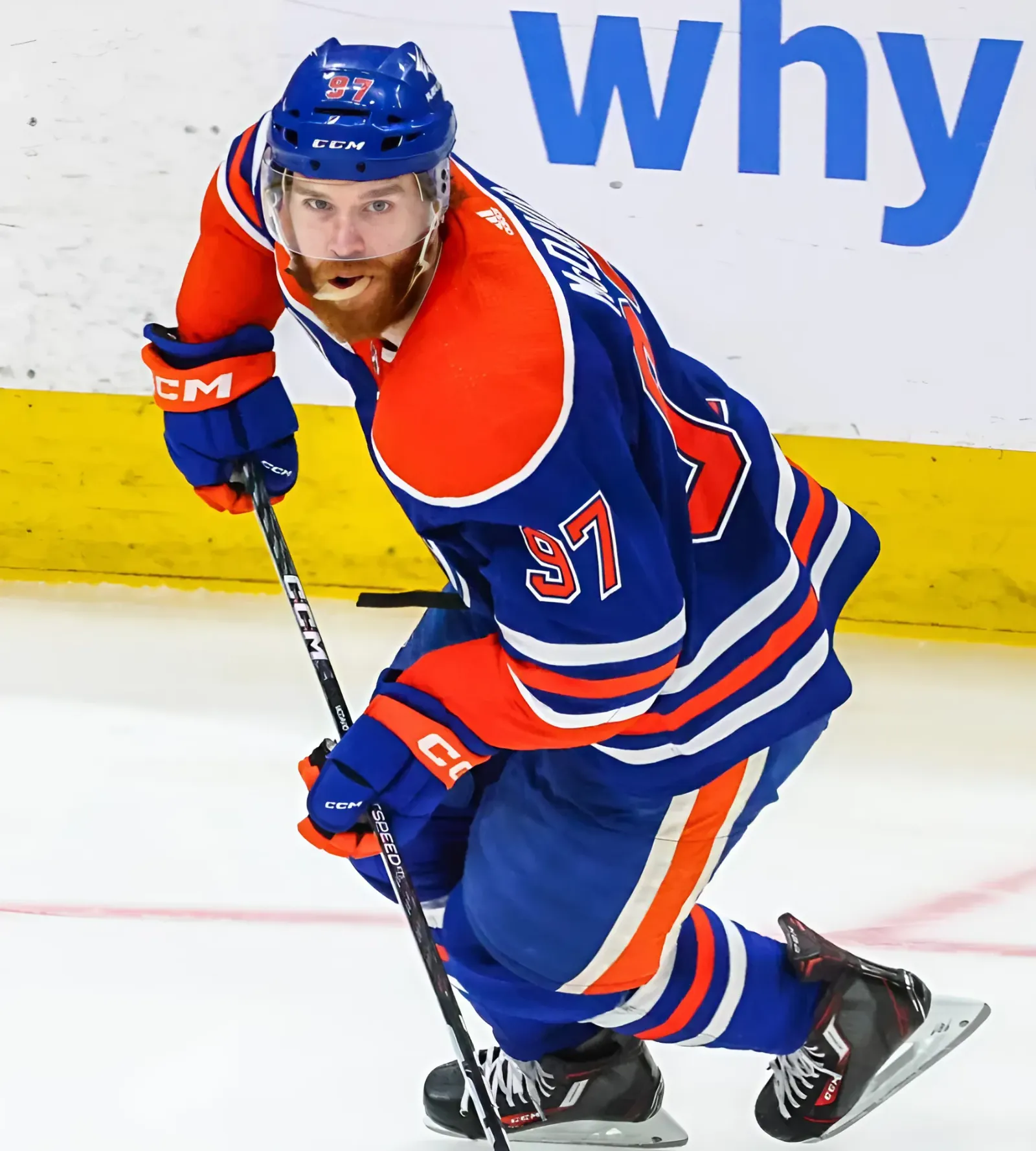
More often than not, though, calls won't change, and it's very rare that one will get called back or that the referees will change their minds. Still, players will make their way to center ice, hands in the air as they present on-the-fly testimony.
"You pissed off you got the call," ex-Capital Evgeny Kuznestov grinned. "Who you gonna blame? Referee, right? Can't blame yourself."
It brings up an interesting question and debate in the locker room: is there a point in arguing with the officials? And for the Capitals, there are mixed opinions.
"A lot of the time, the more you argue with them, probably the more you piss 'em off," goaltender Charlie Lindgren, who went through the trials and tribulations of defending himself when he didn't get a goaltender interference call on a goal back on Nov. 18, said.
"Every time I try to talk to them, it's pointless probably, but from an emotion part, that's very important," Kuznetsov added.
For Carlson, there's a desire for him to understand the situation, regardless of whether or not the call is against him or his team. As someone who has been around long enough to see calls go all sorts of ways, he has a delicate way of approaching the situation.
"I'm trying to be as diplomatic as possible. I think just wondering what happened, what he saw versus what you thought happened," Carlson said. "There's plenty of times where the players are wrong, and I'm sure plenty of times the other way around, too. But I think depending on the ref and the situation, and how heated and not heated it can be, it's a wide variety of results."
Rarely, though, it involves change, because it takes a lot to reverse a call at the NHL level.
"It usually takes another person, you see, sometimes they go, 'Oh, he didn't actually high-stick me,' or, 'He didn't (trip me), I tripped myself.'"
Captain Alex Ovechkin has done it before. Back in April 2022, the Russian was in a race with now-teammate Max Pacioretty and tripped, but waved off the would-be penalty and took responsibility for the brunt of the fall.
But many players actually come forward?
"Maybe a few a year. Maybe," Carlson grinned, noting, "It can be frustrating as a player if you think something's different than what's either seen or unseen."
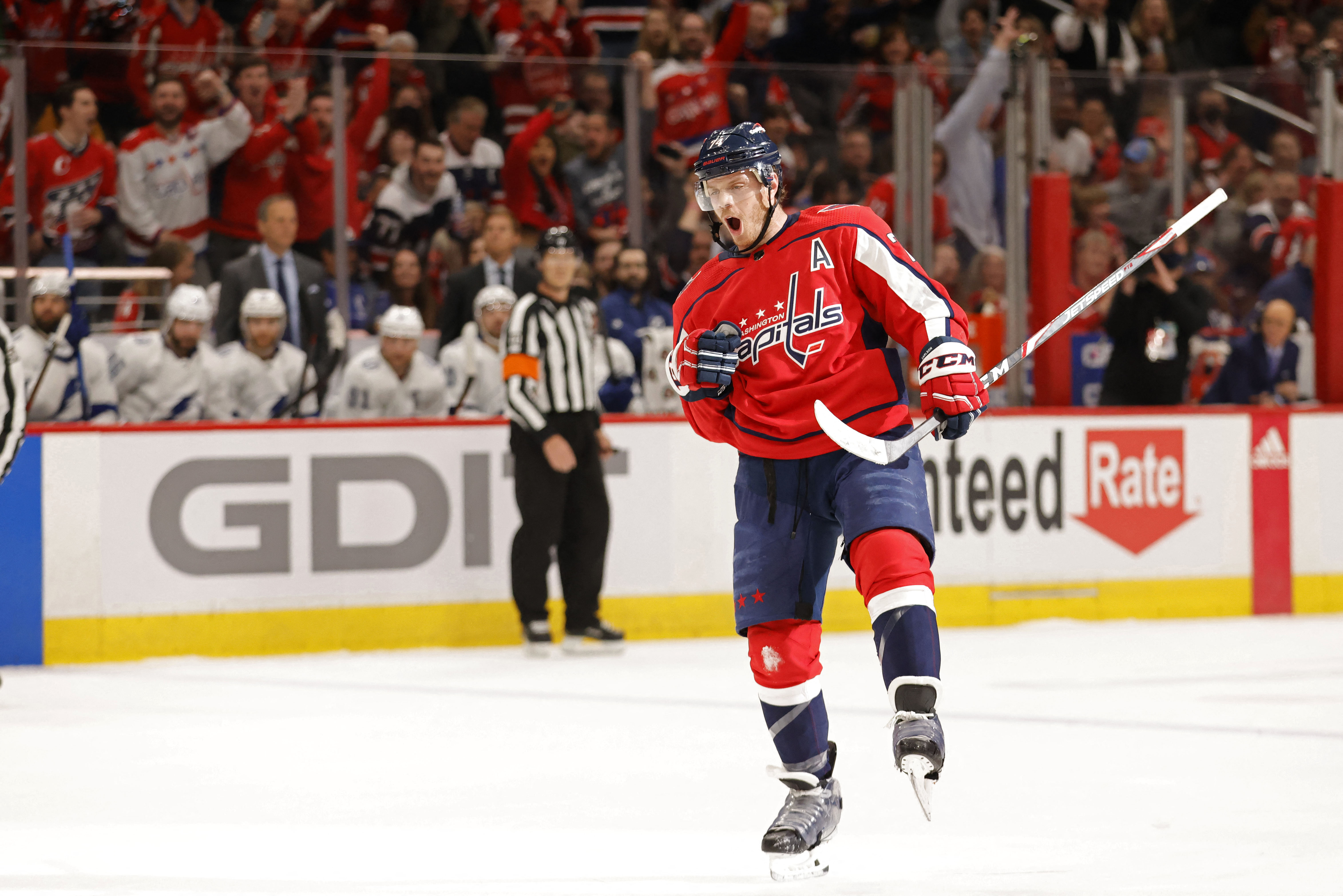
So why are there arguments with referees? Why do players get into heated debates, even after a blatant trip or hold?
It just comes with the culture and uniqueness of the game.
"It's such a passionate game, right?" Beck Malenstyn, who's usually the first over the boards to kill off a penalty for his club, said. "We all have a lot invested going out. We care a lot about it. So obviously, when things go wrong, or when things are maybe in that gray area, you're going to want to defend yourself. Is it pointless? Probably, at some times."
Kuznetsov echoes that sentiment. When he gets called for something, he will often take it to heart, and in that moment, feels a natural instinct to stand up for himself.
"It's just emotions, right? It's short seconds when you disagree. Unfortunately, when you into the game, you're in that 'compete mode' and you want to win. You don't want to get penalties and you react that way; it just emotions," Kuznetsov said.
The damage that two minutes down a man can do is also a catalyst for some heated arguments, especially for the culprit.
"It hurts the team. You just don't wanna be that guy," former D.C. blueliner Joel Edmundson explained. "If our team gets momentum and you take a penalty, they get on the power play and get their touches. Their top guys get to feel the puck and get more confidence out there You don't want that. It just sucks to be that guy."
Referees can take those reactions in different lights. They can accept it for what it is, give an unsportsmanlike if things truly get out of hand or share their side of the story.
That's why it's also a fine line to tow for players.
"To an extent, there can be (a point to be made). You can let them know you're not happy with the call," Edmundson added, saying, "You don't want to lean (into) them too hard, because they keep that in the back of their mind at the same time."
However, players don't just tread carefully because of the risk of making things worse, but because the "stripes" do earn a lot of respect around the league, regardless of whether or not players agree with them at the moment.
"It's tough. That game goes so fast, and we miss things all the time as players. You can't imagine trying to keep up as a referee, so a lot of respect for what they do, and we're all human, right? There's gonna be mistakes made, and I think the biggest thing is just having that be accountability on both sides," Malenstyn said. "You know, if we make mistakes, we just have to accept that. We can't always argue it."
Still, there are times when speaking up can make a difference, as Malenstyn has witnessed over the course of his still-starting career.
"There's definitely moments, I think, depending on the relationships you have with referees, that if you challenge him in the right way, you might get an apology. You're not getting the penalty taken back, but at least he's gonna look at that, maybe come back to you after the period and be like, 'Hey, I watched it. Probably a bit of a soft call,'" Malenstyn explained. "It doesn't really change anything, but at least they're willing to admit they're wrong sometimes."
That said, the best way for players to handle things is through mutual understanding and respect for one another. After all, as is the case for the players, it takes a lot of talent to referee in the NHL, and the Capitals recognize that.
"I find that if you treat them with respect, they're going to treat you with respect," Lindgren said.
At the end of the day, calls are going to happen, and the most important part for players after the fact is to move on.
"Penalties are gonna happen, everyone's gonna take a penalty," Edmundson reasoned. "I've been there (in the sin bin) several times. It's not the best place to be."
"After a call, you forget about it," Kuznetsov added. "You're just playing hockey. You don't stay in that moment."
